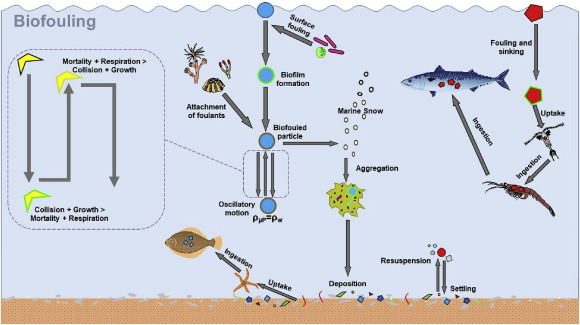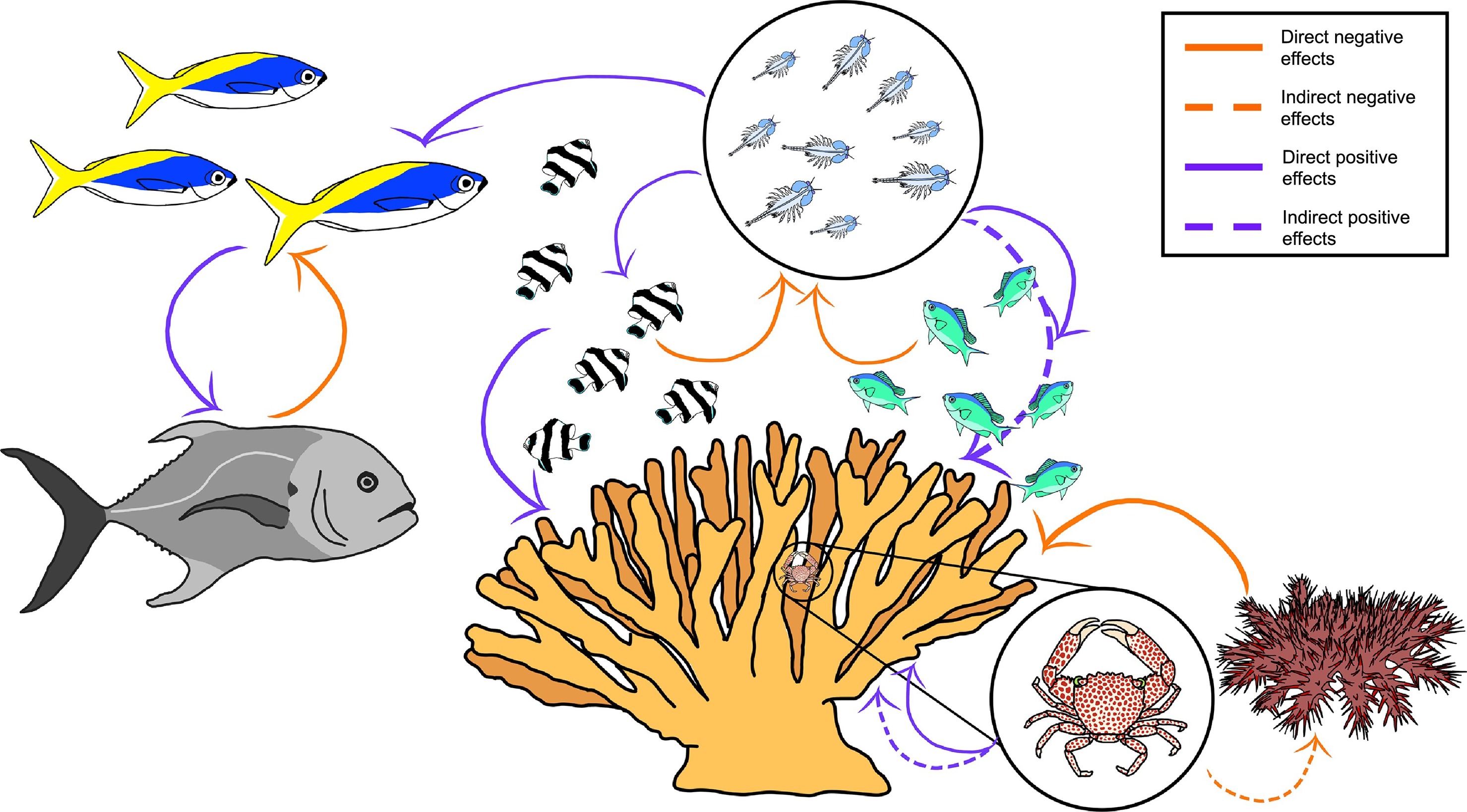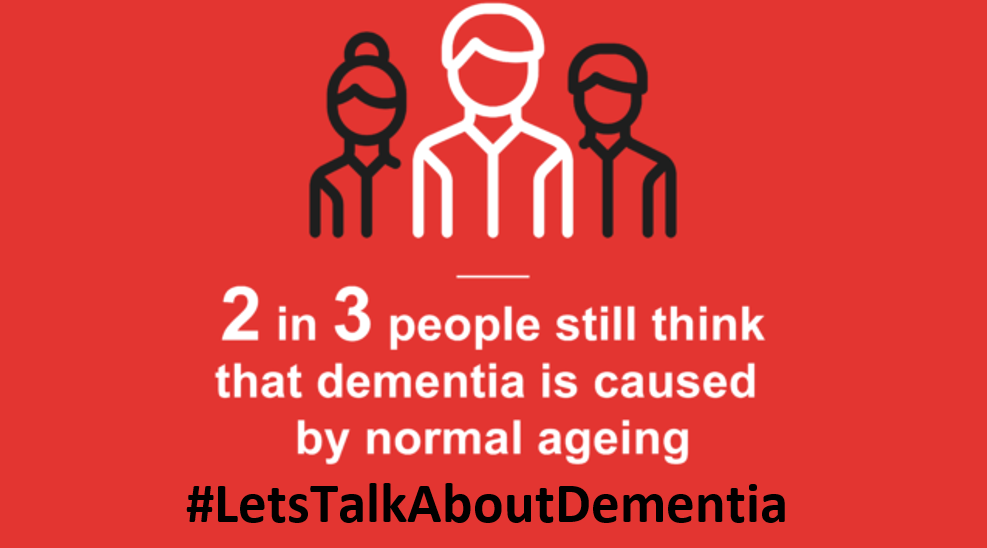Objective imaging-based biomarker discovery for psychiatric conditions is critical for accurate diagnosis and treatment. Using a machine learning framework, this work investigated the utility of brain's functional network topology (complex network features) extracted from functional magnetic resonance imaging (fMRI) functional connectivity (FC) as viable biomarker of autism spectrum disorder (ASD). To this end, we utilized resting-state fMRI data from the publicly available ABIDE dataset consisting of 432 ASD patients and 556 matched healthy controls.
As the global production of plastics continues to accelerate, the ubiquitous presence of microplastics (μPs) has emerged as a significant marine problem. To comprehend fully the potential impacts and ecological harm caused by μPs it is vital that there is an understanding of their potential sources and sinks; the processes affecting their distribution; and their uptake and exchange in ecosystems.
Ecology plays a central role in the management and conservation of ecosystems. However, as coral restoration emerges as an increasingly popular method of confronting the global decline of tropical coral reefs, an ecological basis to guide restoration remains under-developed. Here, we examine potential contributions that trophic ecology can make to reef restoration efforts. To do so, we conducted a comprehensive review of 519 peer-reviewed restoration studies from the past thirty years.
Drilling Engineering: Towards Achieving Total Sustainability, Sustainable Oil and Gas Development Series, 2021, Pages 529-618
Drilling Engineering: Towards Achieving Total Sustainability, Sustainable Oil and Gas Development Series, 2021, Pages 619-673



